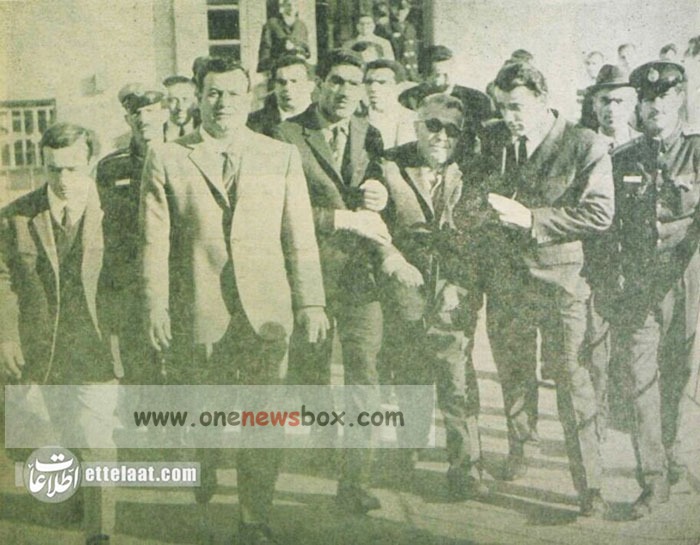Professional Isolation and Political Pressure
In addition to his troubled domestic life, Takhti faced increasing isolation in his professional and public roles. A vocal supporter of the National Front, Takhti’s political alignment put him at odds with the Shah’s government. SAVAK summoned him repeatedly after 1963, attempting to coerce him into supporting the regime. When these efforts failed, the regime sought to tarnish his reputation and undermine his career. He was banned from participating in several sporting events and faced systematic exclusion from the wrestling community.
In 1964, Takhti made a brief return to competition at the Tokyo Olympics, marking his fourth appearance. For the first time in his illustrious career, he failed to secure a medal. According to wrestling historian Mirzaei, the government deliberately set Takhti up for failure. They compelled him to compete without adequate training or preparation, anticipating that his defeat would erode his popularity. Despite the public’s clamor for his return, Takhti struggled to regain his former dominance. His performance at the 1966 World Championships was another disappointment, further compounding his sense of failure.
The Events Leading to His Death
Takhti’s final days were marked by solitude and despair. According to Parviz Arab, a close friend, Takhti ended his life by consuming a mixture of aspirin and opium dissolved in water. His physical struggles during his final moments were evident in the forensic examination, which revealed bruising on his right arm—caused, it is believed, by him biting his own arm in pain.
After Takhti’s death, the National Front released a statement officially attributing his demise to suicide. This conclusion was echoed by Jamshid Mashayekhi, a close acquaintance, who reiterated that family disputes had driven Takhti to take his own life. In a televised interview in 2018, Mashayekhi stated unequivocally that Takhti’s death was a tragic result of his personal and domestic struggles.

